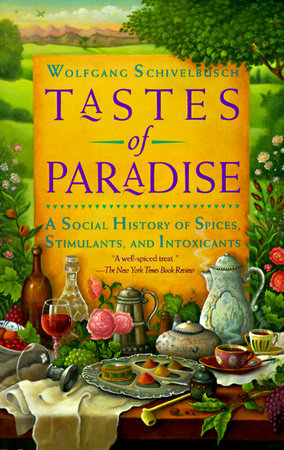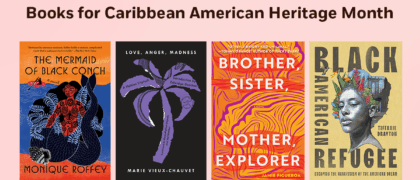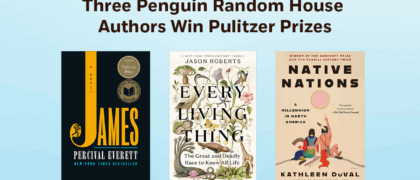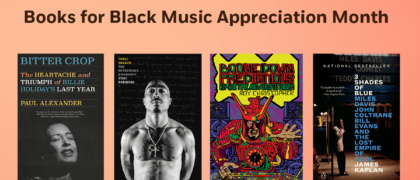Schivelbusch chronicles how humanity transformed its history in the course of finding the rare condiments, stimulants, intoxicants, and narcotics—from coffee, tea, and chocolate to nutmeg, alcohol, and opium—that helped to make life more tolerable, and how the drive for these pleasure substances fueled the energies of the Old World with a power that propelled Europeans across the oceans and into a new age.
"Schivelbusch fits seemingly commonplace popular trends within the wider frame of economic and political history" —Houston Phoenix
"A very pleasurable blend of historical detail, social analysis and unusual discernment." —Philadelphia Inquirer
"[T]his elegantly trim and readable inquiry...explores the social meanings of the substances denoted by the German word "Genussmittel," a term applied to material consumed for pleasure: spices, alcohol, coffee, tea, opium, and tobacco. In medieval Europe, he reports, the upper classes spiced their foods and mixed their spices to an extent we would find bizarre--not just to preserve foods and mask spoilage but to form a prestigious link to the paradise envisioned in the fabled East. The northern European masses, meanwhile, practically lived on beer; only later would hard liquor plague the by-then miserably industrialized working-class. Then came coffee, tea, and tobacco, whose very different effects as mental stimulants suited the emerging Protestant bourgeoisie classes--while chocolate took on variously southern, Catholic, aristocratic, and erotic associations. Within this general outline, Schivelbusch traces and illuminates a complex of shifting attitudes and practices, and their permutations and implications, with grace and insight and a clean, reasonable delivery free of the difficulty and far-fetched ingenuity that mark many such discourses. A true pleasure." —Kirkus Reviews









